Search the Special Collections and Archives Portal
Search Results
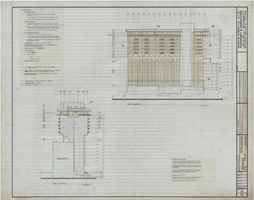
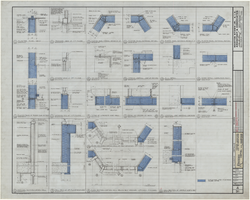
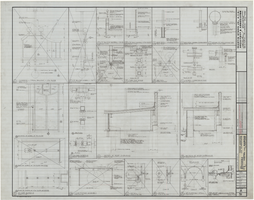


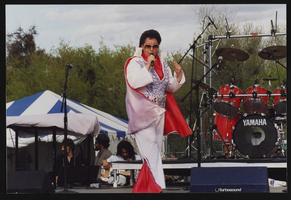
Darcelvis performing at Gay Pride, image 001: photographic print
Date
1998-04-25
Archival Collection
Description
Gay Pride at Sunset Park, 1998. Photographer: Dennis McBride. Darcelvis, "The World's Only Female Elvis Impersonator".
Image
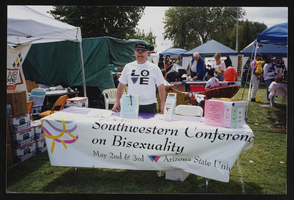
Southwestern Conference on Bisexuality booth at Gay Pride: photographic print
Date
1998-04-25
Archival Collection
Description
Gay Pride at Sunset Park, 1998. Photographer: Dennis McBride. Southwestern Conference on Bisexuality booth. (4-25-98)
Image
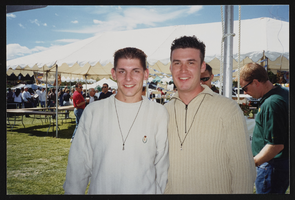
Kevin Cottrell and Ephraim Ramay at Gay Pride: photographic print
Date
1998-04-25
Archival Collection
Description
Gay Pride at Sunset Park, 1998. Photographer: Dennis McBride. L-R: Kevin Cottrell; Ephraim Ramay. (4-25-98)
Image
Charles A. Baumert oral history interview
Identifier
OH-00169
Abstract
Oral history interview with Charles A. Baumert conducted by James M. Greene on October 31, 1975 for the Ralph Roske Oral History Project on Early Las Vegas. Bauret discusses the Hoover Dam construction, Boulder City, Nevada history, and the closing of Six Companies Inc. operations at Hoover Dam.
Archival Collection
Pagination
Refine my results
Content Type
Creator or Contributor
Subject
Archival Collection
Digital Project
Resource Type
Year
Material Type
Place
Language
Records Classification
